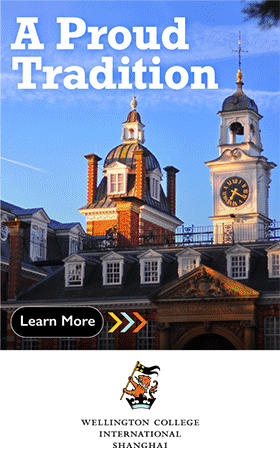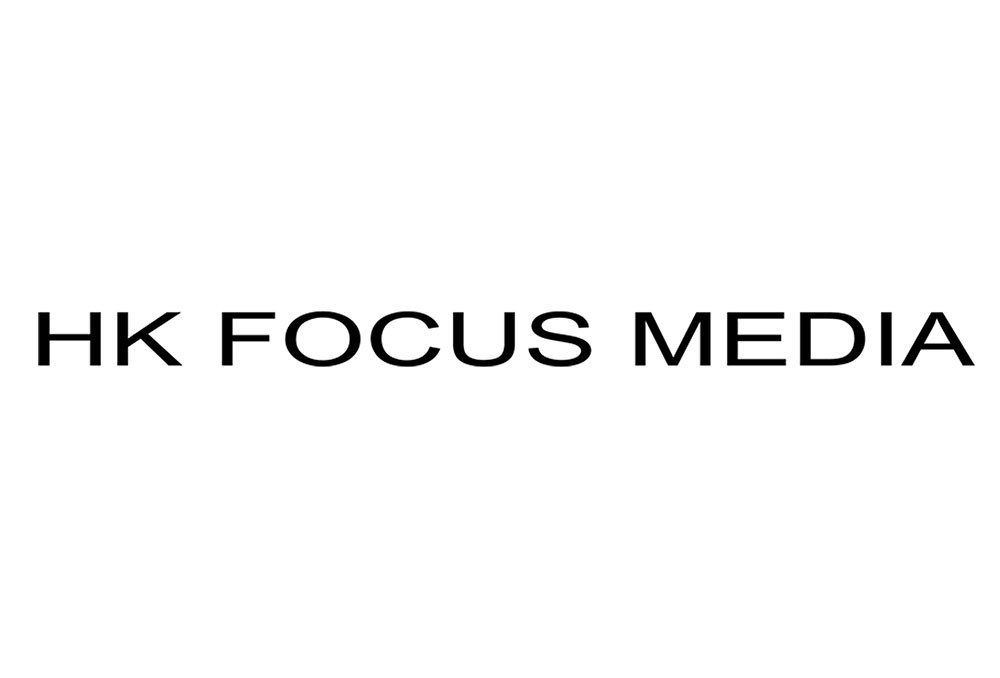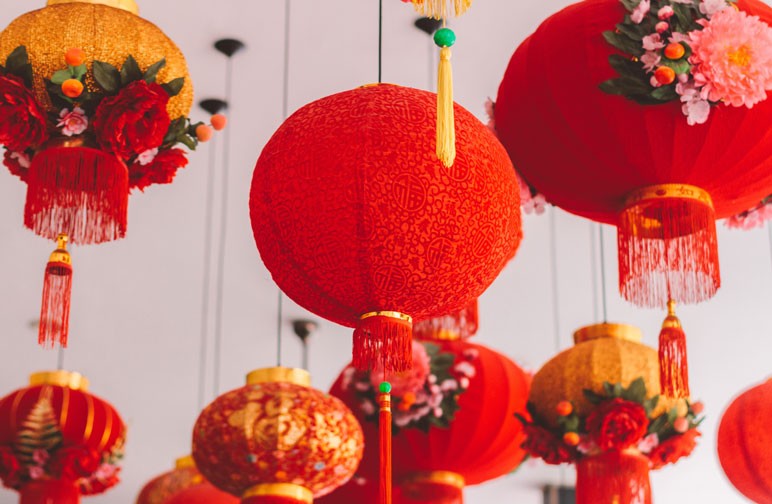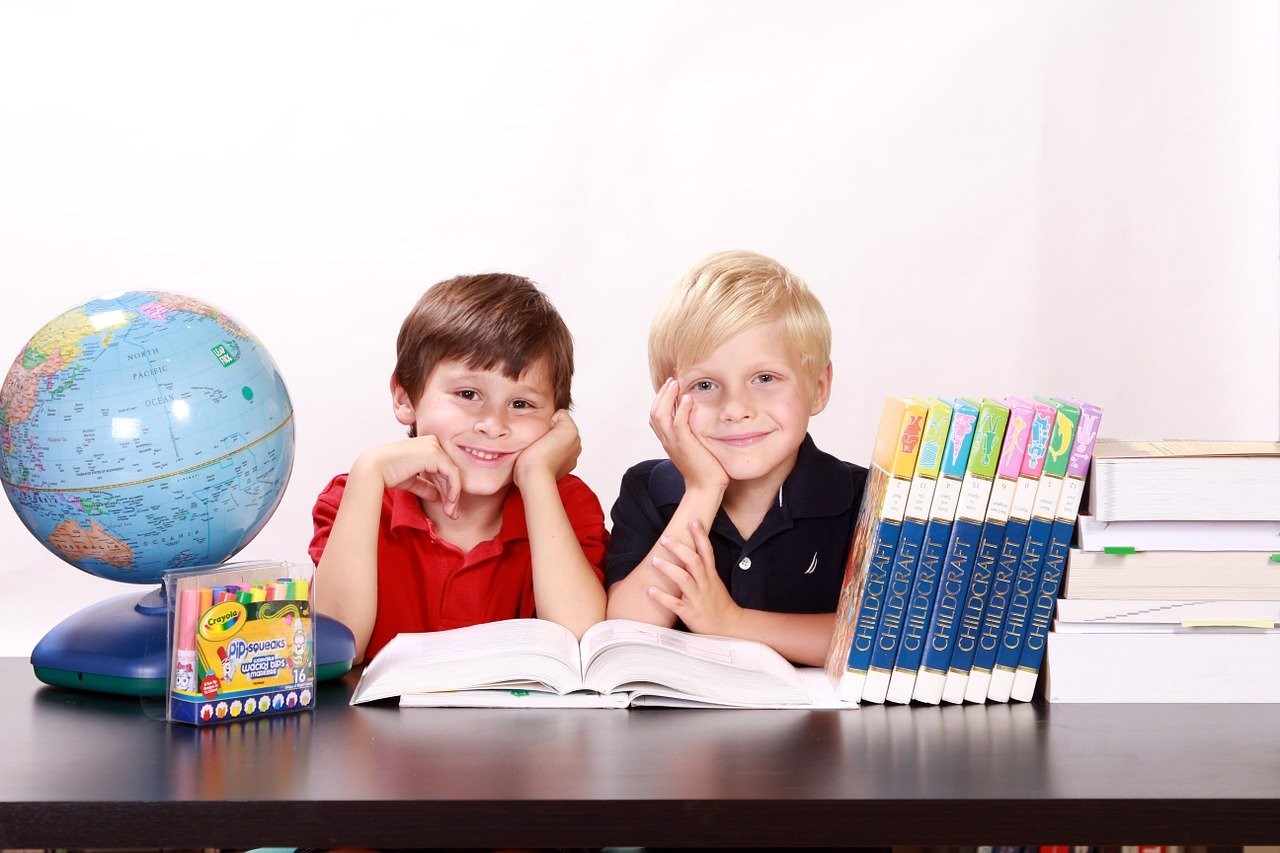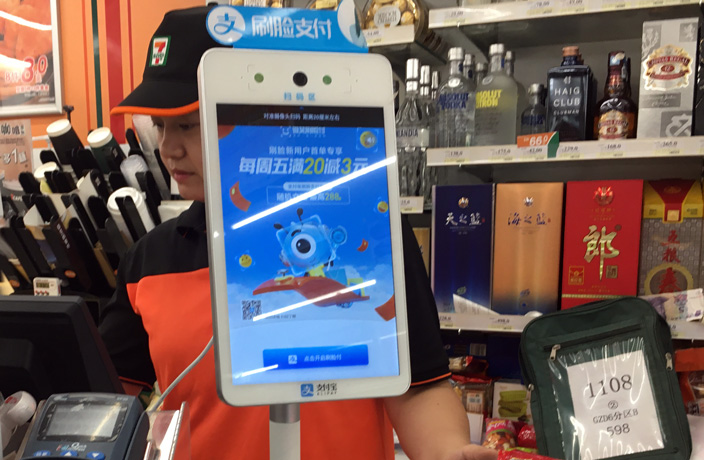World Time Clock—Bettina Pousttchi
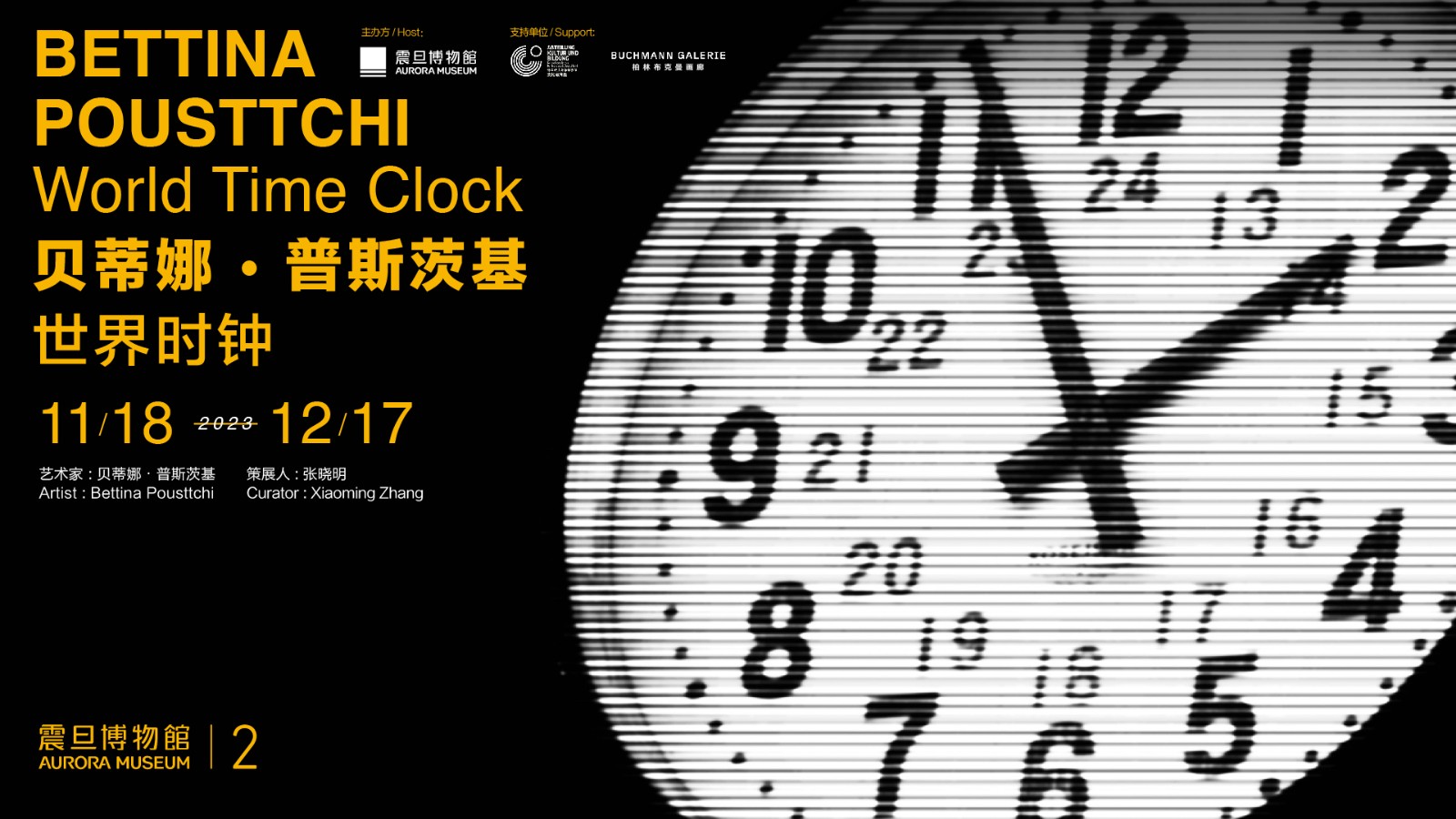
Exhibition Name: World Time Clock – Bettina Pousttchi
Duration: November 18, 2023 (Saturday) to December 17, 2023 (Sunday)
Organizer: Aurora Museum
Curator: Zhang Xiaoming
Supporting: Department of Culture and Education of the German Consulate General in Shanghai, Buchmann Galerie
Location: Aurora Museum, 99 Fucheng Road, Lujiazui, Pudong New Area, Shanghai
Exhibition Ticket Price: 60 RMB per ticket (Regular Price), 80 RMB per ticket (with Permanent Exhibition Pass)

During the Shanghai Art Season, Shanghai Aurora Museum has the honor of inviting the renowned German artist Bettina Pousttchi to present her World Time Clock series. The exhibition features a collection of 24 photographs, with each depicting a public clock showing the time of 1:55 PM in a different city. The time chosen by the artist – 1:55 pm – is a reference to the most common stereotypical representations of clocks in mainstream media. In advertising, watches are always shown at 10 minutes past 10 to form a “Happy Face.” In the moving image, 5 minutes before noon are a common representation to construct suspense. The artist combines these two visual memories and chooses her own time: 1:55 pm for all the clocks. Bettina Pousttchi began this series in 2008, traveling the globe to photograph public clocks in cities around the world. The act of visiting various places forms a fundamental part of the conceptual artwork. To realize this endeavor, the artist visited numerous cities worldwide, including Anchorage, Auckland, Sydney, Shanghai, Vladivostok, Seoul, Santiago, Hong Kong, Rio de Janeiro, Bangkok, Tashkent, Almaty, New Delhi, and Yangon, among others. Beyond a few individual trips, the artist circumnavigated the globe twice in one journey, visiting eight different places within 27 days.
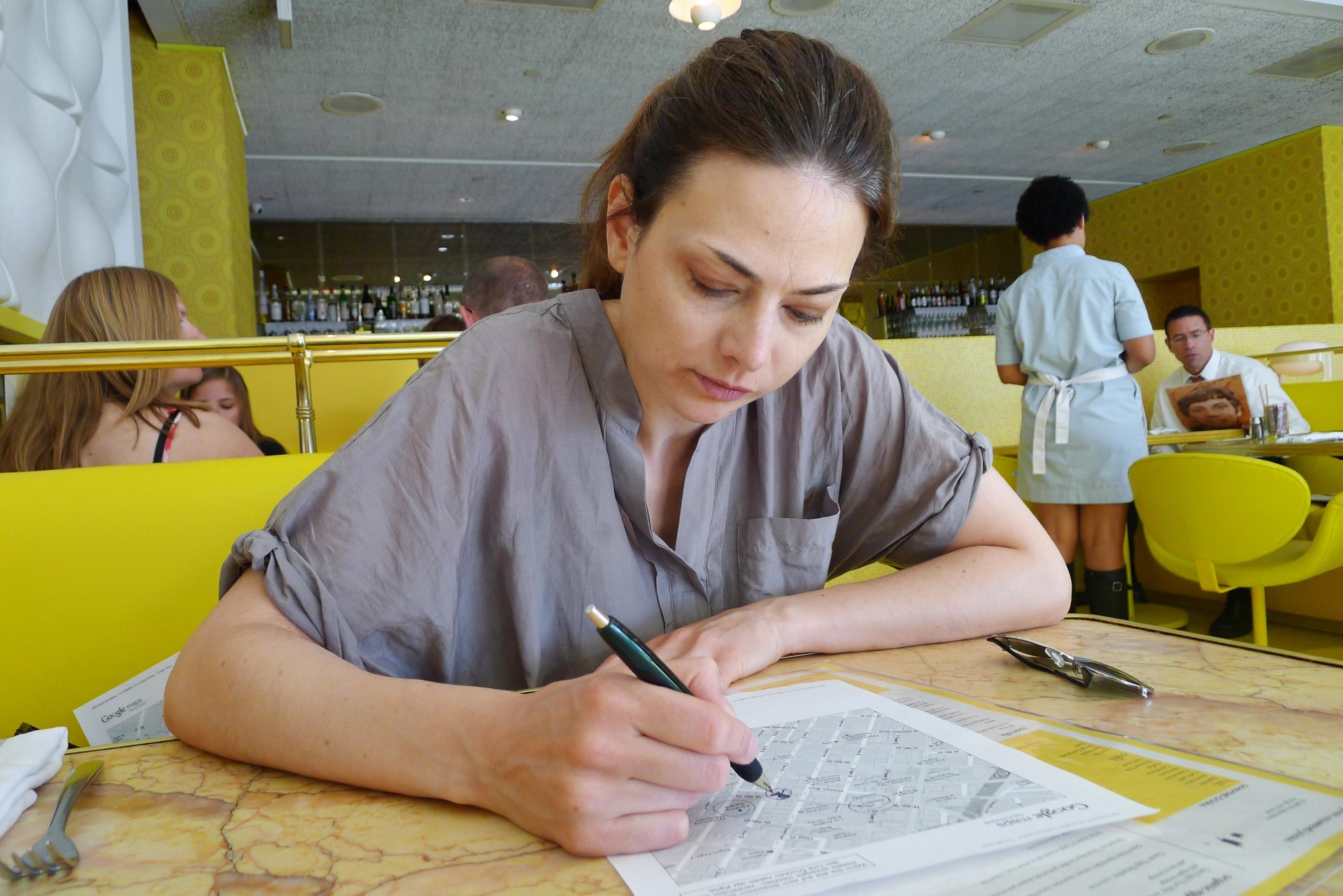
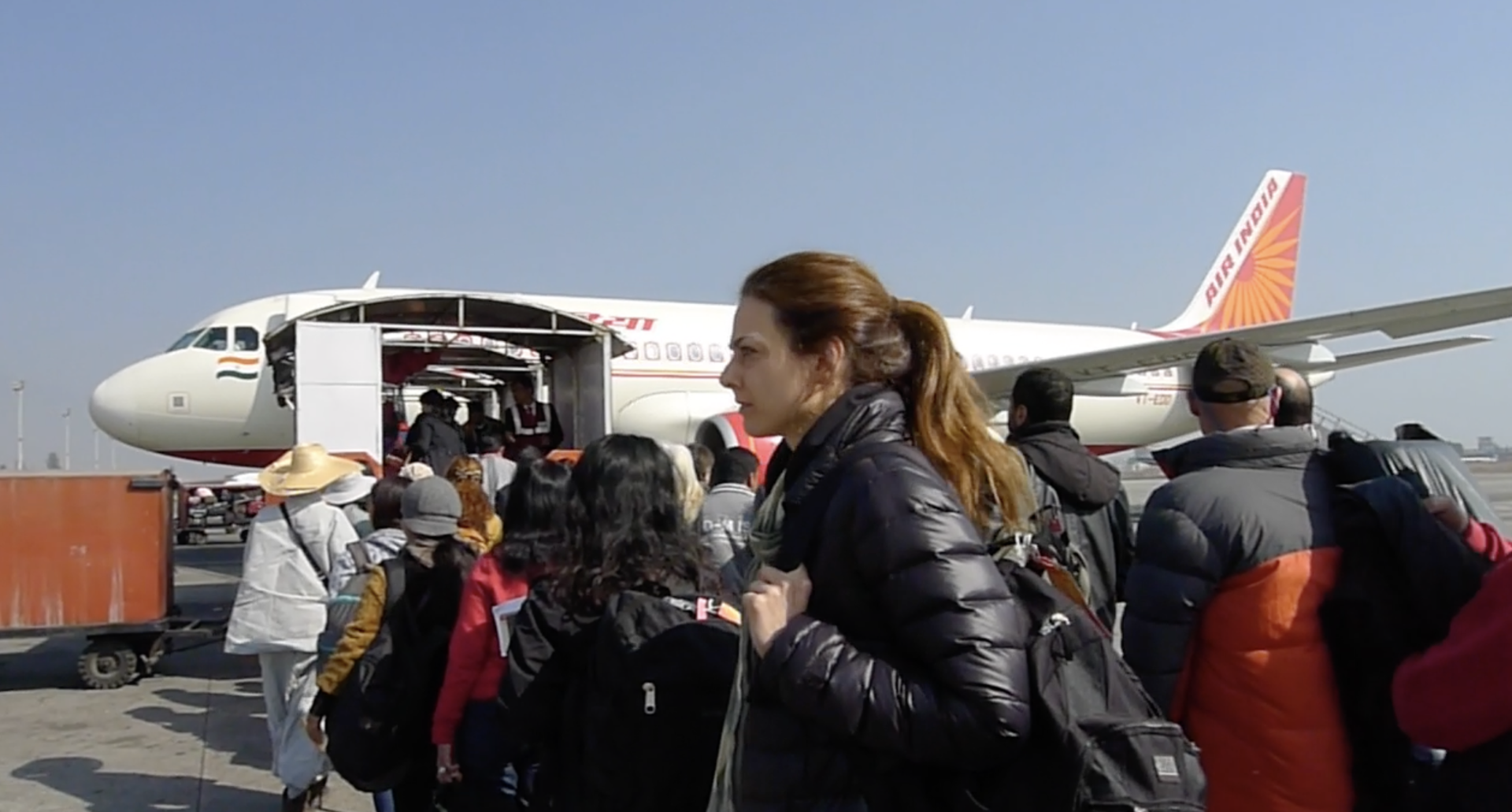
These photographs collectively create a “Photographic World Time Clock,” hinting at global simultaneity and imagined synchronicity, disregarding time zones. The World Time Clock underscores the global networks that span our world, propelled by increased mobility and digital communication. As an entity, the World Time Clock itself forms a typology of an urban object that is vanishing: the public clock, which has become a relic of the analog age in our era. Clocks on public buildings such as city halls, bell towers, and post offices are becoming increasingly rare. The series highlights the unique role of photography in creating time capsules, capturing the evolving perception of time in the digital age.


The A2 Space of the Aurora Museum provides an ideal space for displaying this work. This series, composed of 24 segments, can be displayed on the same floor of the 2F exhibition hall in a continuous line that encircles the space like the equator around the Earth. Visitors can move through the exhibition in a linear fashion, which effectively mirrors the movement of the clock hands on a clock face. The black and white appearance of the photo prints harmonizes perfectly with the unique architectural language of Tadao Ando. World Time Clock was first shown as a full circle installation at the Hirshhorn Museum and Sculpture Garden, Washington D.C., in 2016 – 17. The second time, the set was shown at the Berlinische Galerie, Museum of Modern Art, Berlin in 2019 – 20. The World Time Clock exhibition at the Shanghai Aurora Museum will be the first presentation of this widely recognized work in both China and across Asia.
About the Artist
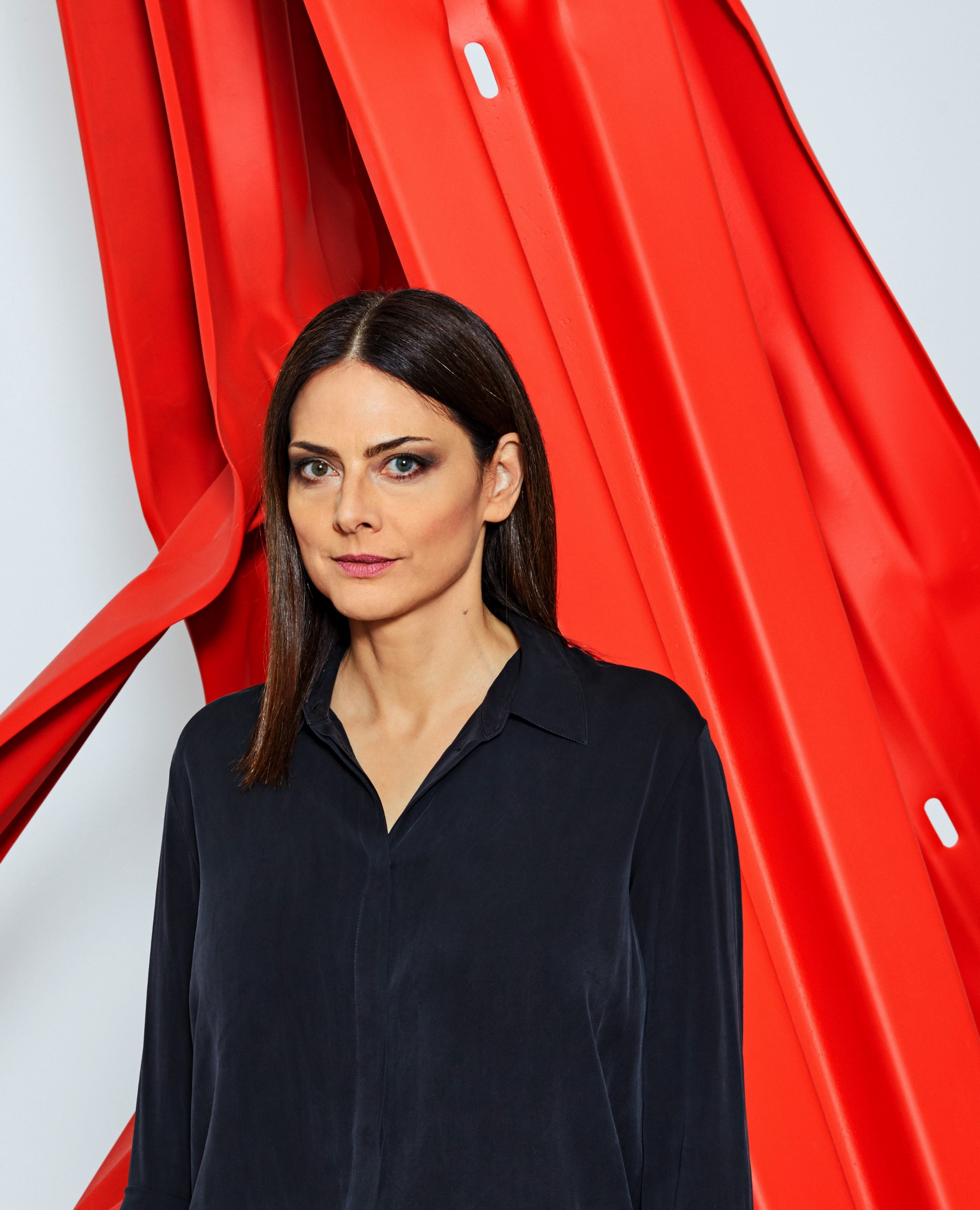
Bettina Pousttchi, a prominent figure in contemporary art in Germany, has established her global reputation through expressions in sculpture, photography, video, and site-specific large-scale installations. Her works are featured in numerous public and private collections worldwide, including Hirshhorn Museum and Sculpture Garden in Washington D.C., The Albertina Vienna, the Nasher Sculpture Center Dallas, the Arts Club of Chicago, the Philips Collection Washington D.C. and Berlinische Galerie Museum of Modern Art Berlin.
About the Aurora Museum
Aurora Museum officially opened to the public in October 2013, steadfastly adhering to its principles of "Protection, Inheritance, and Dedication." While the museum remains dedicated to elevating and preserving traditional Chinese culture, on the basis of the permanent exhibition, A2 Space, which was unveiled in October 2020, holds a series of modern and contemporary exhibitions from east to west. AM Next, a project on introducing young artists, cross-border art and cultural exhibitions, was also launched in the Gallery, presenting the audience with the integration of multicultural art and innovation experience.
[All Images via the Aurora Museum]
Get the weekly newsletter!
Sign up to get the entertainment, lifestyle and event news from Urban Family every week!Classified Posts
Guide


